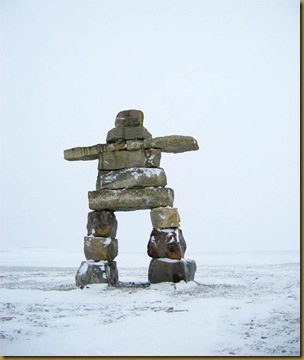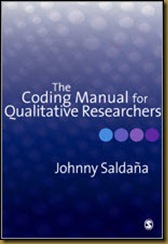 Ever hear that question, usually at the end of some other pleasant introductory sentence? If not, then bravo, you are a traditional researcher doing what you have been taught and in so doing support the stability and safety of the academic industry. Your reward includes crisp peer-reviewed journal articles safely locked within academic databases (thereby keeping the knowledge safe) and proper cocktail discussion (“Oh, you were involved in that work, how interesting . . . .”).
Ever hear that question, usually at the end of some other pleasant introductory sentence? If not, then bravo, you are a traditional researcher doing what you have been taught and in so doing support the stability and safety of the academic industry. Your reward includes crisp peer-reviewed journal articles safely locked within academic databases (thereby keeping the knowledge safe) and proper cocktail discussion (“Oh, you were involved in that work, how interesting . . . .”).
However, if you are a rebel and make a nuisance of yourself by pushing the boundaries for what can be considered research, then I really want to hear your thoughts. Have you written and performed a dramatic reading of poetry using words from the interview notes generated during data collection? How about the use of media, Web technologies, Twitter, discussion boards, autoethnographic inquiry, and the like? Does your work not fit into the design – literature – problem – method – analysis – findings – next steps model? Did you ever wonder who created that model, and what power issues are at stake challenging it? Let me guess, you may have at times even wondered whether the struggles were worth it, how your life would be different if you liked numbers, how you should have been a plumber, and the like.
There are enough times when you (ok, we) have to defend our work to others, I want to reframe the question.
Rather than explain “How is that research?”, I am interested in the internal and personal reasonings about it. Why do I want to express my work in a different paradigm? What is it about my subject or perspective that makes it not seem to fit into a traditional framework?
In my fledgling autoethnographic inquiry, I find that I had to do it (after being subjected to years of impersonal quantitative social science work around organizational learning—it has a value, but is not where I am interested in exploring) since I have trouble researching something out there without exploring how it effects me and challenges / develops my own perspective. I always think, don’t we want our students to understand the content and then apply it to their lives (to demonstrate they understand it)? My autoethnographic work looks at something that is important to me and, while exploring it and seeing what has already been studied with it, I show how my frame develops while inviting the reader to consider something different for their own lives, too. Now isn’t that a way to bridge the research-to-practice gap?
Why should research be any different? Better yet, try not to feel threatened by something different. Hmm, this may in itself turn into an interesting project . . .

